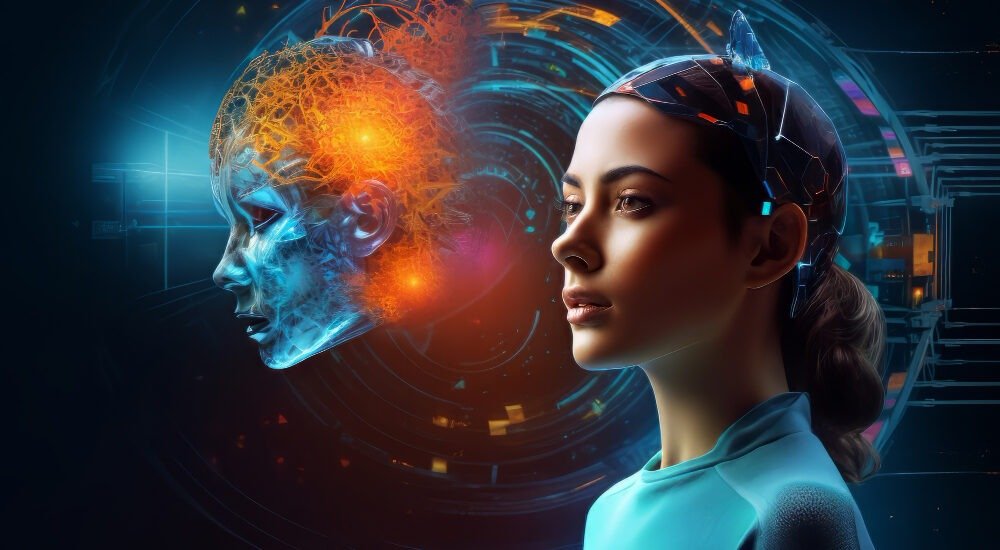Theory of Mind (ToM) is the ability to understand and reason about the thoughts, feelings, and intentions of others. It is a complex cognitive ability that is essential for social interaction and communication.

For decades, ToM was thought to be a uniquely human ability. However, recent advances in artificial intelligence (AI) have challenged this view. In a new study, researchers have shown that large language models (LLMs) can outperform humans on a variety of ToM tests.
LLMs are a type of AI that can understand and generate human language. They are trained on massive datasets of text and can perform a variety of tasks, such as answering questions, writing essays, and translating languages.
In the study, the researchers tested the ToM abilities of LLMs on a series of tests that were designed to measure their ability to understand the thoughts and feelings of others. The tests included questions such as:
Sally-Anne Test: Sally places a marble in a basket and then leaves the room. Anne takes the marble and puts it in a box. When Sally returns, where will she look for the marble?
False Belief Test: A child sees a box labeled ‘candy’ but actually contains pencils. When asked what the child thinks is in the box, what will they say?
Strange Stories Test: A boy sees a man putting on a hat and then leaving the room. The boy then sees the man come back into the room without a hat. When asked what the boy thinks happened to the hat, what will he say?
The researchers found that LLMs outperformed humans on all of the tests. This suggests that LLMs have a sophisticated understanding of the thoughts and feelings of others.
The researchers believe that the ability of LLMs to perform well on ToM tests is due to their ability to learn from vast amounts of text data. This data contains a wealth of information about human thoughts and feelings, which LLMs can use to develop their own understanding of ToM.
The findings of this study have important implications for the future of AI. They show that AI is capable of developing sophisticated cognitive abilities that were once thought to be uniquely human. This raises the possibility that AI could one day be used to help us understand and interact with the world around us in new and innovative ways.


